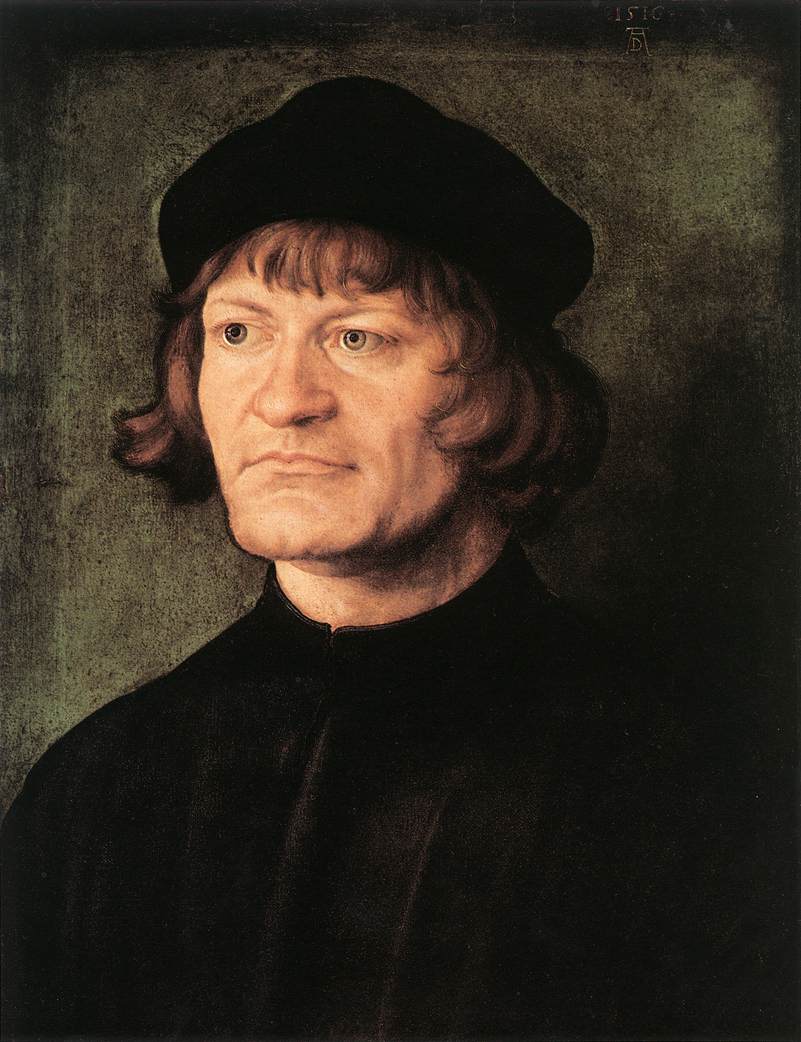
Part I
Part II
Part III
Part IV
Calvin’s predecessor in the Swiss Reformation was Ulrich Zwingli (1484-1531), who played a decisive role in starting the Reformation in what would later become the Calvinist stronghold of Geneva. Fighting in the Second Kappel War between the Roman Catholic and Protestant Swiss cantons, he eventually died on the battlefield at a young age.
In 1522 Zwingli was accused by a prominent bishop in the Roman Catholic Church of forsaking ancient and established traditions, and deviating from established orthodoxy and orthopraxis. His first defense against the accusation was an appeal to his distinct ethnicity. He wrote:
What was the need of accusing me, a Swiss professing Christ among the Swiss, of raising this disturbance, since you say that it is taking place only in Germany, and the Swiss are not reckoned among the Germans? Yet, meanwhile, though I have been watching almost a whole month, I have been unable to discover that you have sent a like admonition to anybody anywhere in Germany. Why do ye not apply your remedy to the diseased part? Know ye not that Christ said: “They that are whole need not a physician, but they that are sick”? (Luke 5:31) It becomes apparent, therefore, that it is I to whom ye are singing your little song; for I fancy you have more sense than to be applying a remedy to a limb that you do not consider diseased.
Several aspects of Zwingli’s understanding of nationhood are apparent from this paragraph:
1. He took pride in his calling to proclaim the gospel to his own people, i.e. considered it an honor to be doing what St. Paul himself so fervently desired but was not allowed to do (Rom. 9:3).
2. He distinguished the Swiss from the Germans not only in terms of nationhood in itself, but also as being two distinct limbs within the body of Christ.
3. He understood the notions of sin, rebellion, and depravity as applicable not only to individuals, but, within the framework of the covenant, to nations as well. In fact, when describing the sorry state of Western Christendom during his time in his Commentary on True and False Religion, Zwingli hyperbolically wrote: “We have become more shameless in our lives than even the Turks and Jews.” His choice to single out the only two non-white nations with which Europeans had frequent contact at the time as the great examples by which to measure radical human depravity is quite telling.
4. He adhered to an anti-egalitarian view of national sanctification, to the extent of considering Christ’s words in Luke 5:31 as applicable to one nation in some respects that it is not applicable to others.
Zwingli was furthermore a fervent nationalist who believed the Swiss to be a covenanted nation – an “Alpine Israel,” with its twelve cantons corresponding to the twelve tribes of ancient Israel. His ideal was that Switzerland would be reformed both spiritually and politically, as a God-fearing nation, to preserve their Fatherland and become an externalized manifestation of God’s Kingdom.
Part VI: William Tyndale on the English as a Covenanted Nation
| Tweet |
|
|
|




